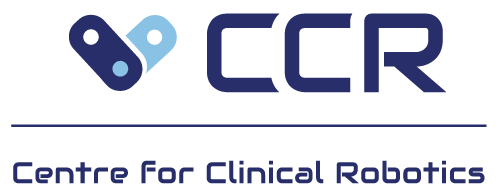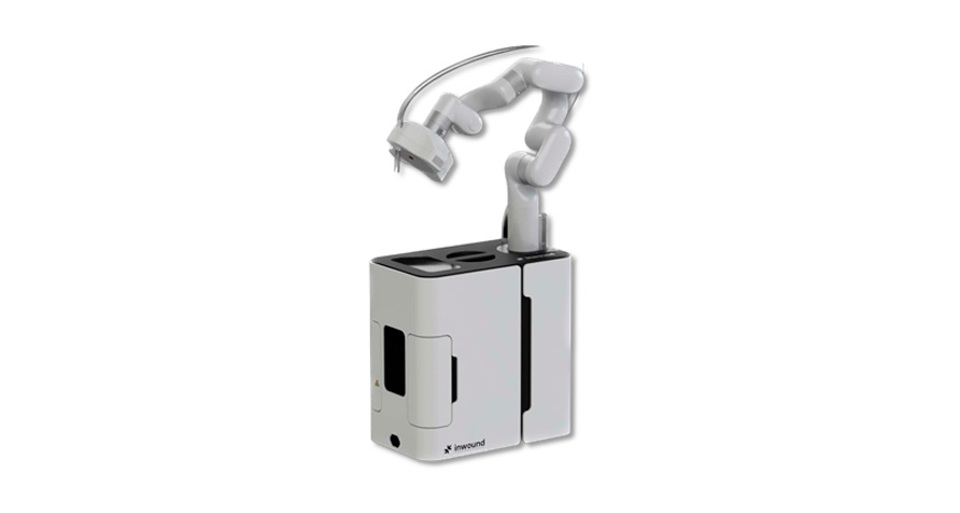WOTAD - Woundcare Offloading Through Automated Debridement (2023-2026)
The development of chronic wounds is a growing problem due to an aging population as well as an increase in the number of diabetics. A chronic wound can be painful and significantly reduce the patient's quality of life.
PROJECT PERIOD
Start: 1 September 2023
End: 31 August 2026
However, studies show that if you debride the wound at least once a week, it will greatly increase how fast the wound is healing. This can help improve the patient's quality of life and, in addition, reduce healthcare costs related to treatment. Debridement typically involves cleansing the wound by removing necrotic tissue using scalpels, scissors, curettes and forceps. It is a relatively simple process, but it is manual and demanding work, and it is usually done by doctors rather than nurses, even in simple cases.
AIM
The project is called Woundcare Offloading Through Automated Debridement (WOTAD), and its goal is to develop, produce and test a robot for automatic debridement of chronic wounds.
The Flash-Clean robot will be able to provide water and laser treatment, which is more gentle than surgical debridement, which will mean that the wound can be cleaned more often and thus speed up the healing process. The treatment will be fully automatic, as the robot will be able to analyse, administer and adjust the treatment itself, which will relieve the attending staff.
PARTNERS
- Odense University Hospital
- InWound
- MedROBOTS
- Hospital Compaixão
FUNDING
The project has received EUR 1,000,000 from the EU's Eurostars funding programme.

Malte Kongstad Deleuran
Innovation Consultant
Odense University Hospital, Department of Clinical Development - Innovation, Research & HTA
(+45) 2165 7146 mkd@rsyd.dk

Søren Udby
Programme Manager
Centre for Clinical Robotics (CCR). Odense University Hospital, Dept. of Clinical Development - Innovation, Research & HTA
(+45) 2931 7259 soren.udby@rsyd.dk

